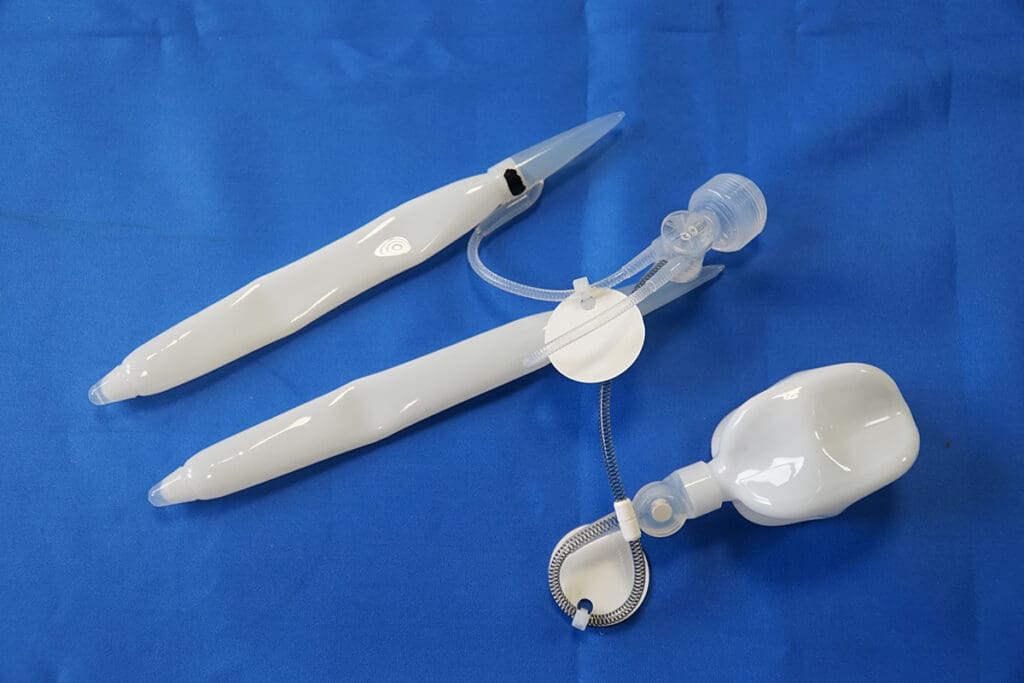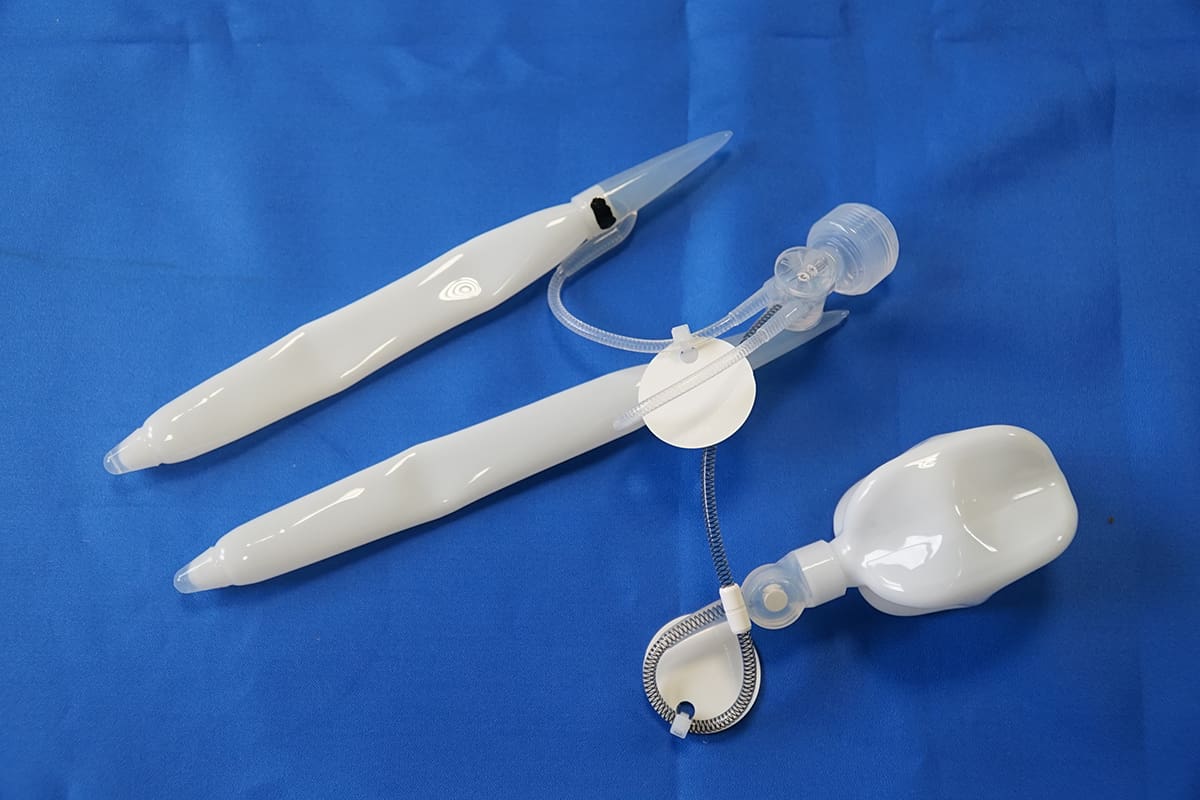
Perito Urology is proud to announce the publication of a landmark study in the field of penile implant surgery. Co-authored by Dr. Alfredo Suarez-Sarmiento, Jr., Dr. Paul Perito, and an international team of urologists, this extensive research examines predictors of poor corporal integrity (PCI) in patients undergoing inflatable penile prosthesis (IPP) surgery.
Published in BJU International, the study evaluates over 5,100 cases from 16 top urology centers worldwide, making it one of the largest and most comprehensive analyses on penile implant complications to date.
What Does This Mean for Patients?
Penile implant surgery is an effective solution for erectile dysfunction, offering high satisfaction rates and life-changing results. However, some patients may face intraoperative or postoperative complications that impact the longevity and function of their implants. This study aims to identify key risk factors to help patients and surgeons make informed decisions for safer, longer-lasting implants.
Key Takeaways from the Study
The research found that 2.95% of penile implant recipients experienced poor corporal integrity (PCI)—a term that includes complications such as:
- Crossover or perforation of the implant during surgery
- Implant erosion or extrusion (where the device moves out of place over time)
- Tissue weakening and scarring that can affect implant function
The study identified five major risk factors that increase the chances of these complications:
1. Prior Penile Implant Surgery (Revision IPP) – 8x Higher Risk
If a patient has already had an implant and is undergoing revision surgery, the risk of complications is significantly higher. This is due to scarring from the previous procedure, which makes new implant placement more difficult.
2. Coronary Artery Disease (CAD) & Peripheral Vascular Disease (PVD) – 1.8x Higher Risk
Patients with heart disease or poor circulation tend to heal more slowly, increasing the risk of implant-related issues. The study emphasizes that vascular health plays a crucial role in penile implant success.
3. Sequential Dilation During Surgery – 2.1x Higher Risk
This is a technique used during implant placement to expand the penile tissue. While necessary in some cases, excessive dilation can weaken the tissue and lead to problems down the line.
4. Advanced Age – 1.02x Higher Risk per Year
Older patients naturally have weaker tissue integrity, which can make them more prone to implant-related complications over time.
5. Corporal Scarring – 1.58x Higher Risk
Patients with prior penile trauma, radiation therapy, or conditions like Peyronie’s disease may have stiff, fibrotic tissue that increases surgical difficulty.
What Can Be Done to Lower These Risks?
The good news is that this research helps surgeons and patients take proactive steps to minimize complications:
- Pre-Surgical Planning: Patients with risk factors may benefit from treatment with specialized surgeons who have experience in complex cases.
- Optimizing Health Before Surgery: Managing heart health, stopping smoking, and controlling diabetes can improve surgical outcomes.
- Advanced Techniques: Surgeons at Perito Urology utilize precision-based techniques to minimize corporal trauma and improve implant longevity.
Why This Study Matters
This research sets a new benchmark in personalized penile implant surgery. By identifying who is most at risk, doctors can refine their techniques, and patients can make informed choices to ensure the best possible outcome.
For men considering a penile implant, Perito Urology remains at the forefront of innovation, offering expert care based on the latest scientific advancements.

